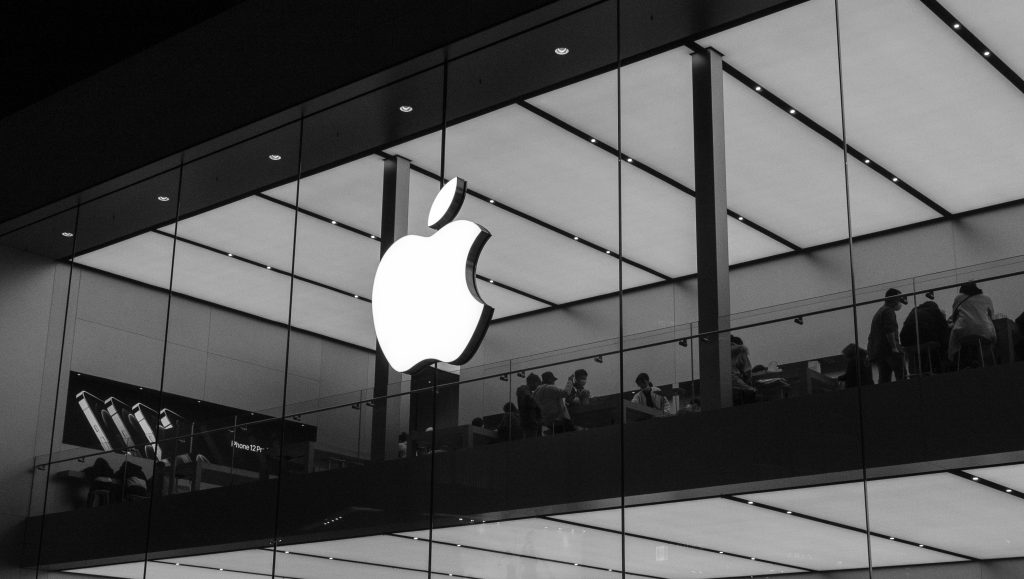Epic Games, the developer of the popular online game Fortnite, recently found itself facing a setback in its ongoing legal battle against tech giants Apple and Google over their in-app payment practices. In a decision that further intensifies the issue, the Supreme Court denied Epic’s request to overturn a Ninth Circuit Court of Appeals ruling that had delayed an injunction against Apple regarding its App Store rules.
The injunction was previously suspended in July
The conflict began three years ago when Epic offered Fortnite players on mobile platforms a discount on in-game currency called V-Bucks if they avoided using Apple’s and Google’s payment systems. Since these companies take up to a 30 percent cut of in-app transactions, this maneuver led to immediate tension, resulting in the removal of Fortnite from both app stores and subsequent lawsuits.

The legal battles are still ongoing, with the Google case set for trial in November, involving Match Group as a plaintiff. But the spotlight remains on the case against Apple, especially after a lower-court judge ruled that Apple’s actions violated California’s Unfair Competition law, issuing an injunction to prevent the continuation of these practices.
The initial ruling in favor of the injunction was upheld by the Ninth Circuit Court of Appeals in April. However, the injunction was suspended in July, allowing Apple to present its case to the Supreme Court.
Despite the legal wrangling in the US, both Apple and Google are facing increased pressure internationally to modify their platforms. Regulations in markets like South Korea and the Netherlands are forcing them to open up to third-party payment systems. Additionally, in response to upcoming European Union regulations, Apple is reportedly planning to permit third-party app stores on the iPhone as early as next year.
Epic Games, not one to be left behind, is prepared for this change, with its own mobile app store ready for launch. The global legal battle showcases a shifting landscape in digital commerce, and these court decisions may only be the beginning of a larger transformation in the way mobile platforms and developers interact.
RELATED:
- Hearmo’s latest smartwatch is an Apple Watch lookalike with a 2″ display
- Qualcomm to offer 8, 10, and 12 core CPUs for its Apple M series competitor
- Best Monitors for Home Office in 2023 – HP, Dell, Asus, & More
(Via)







